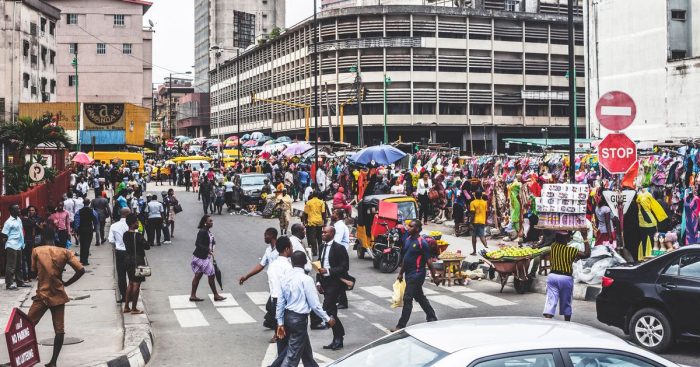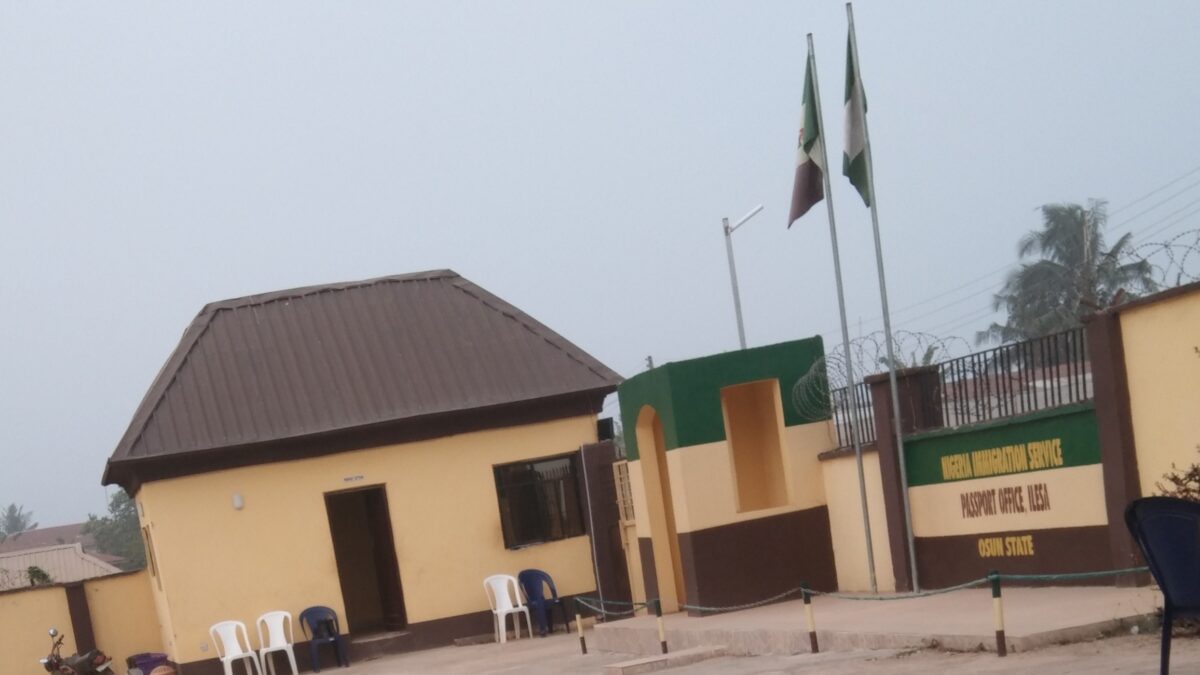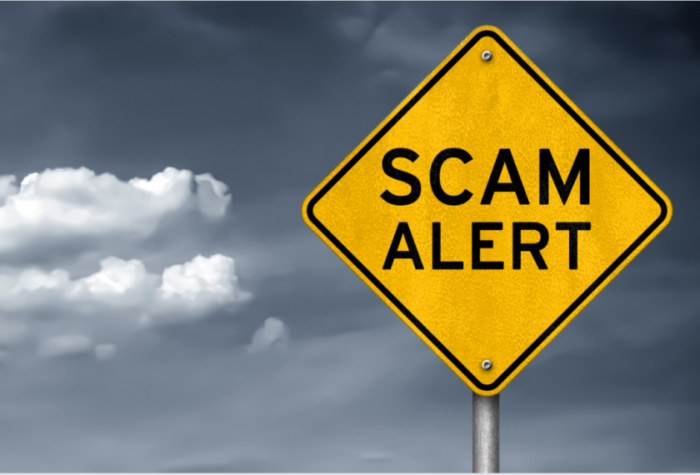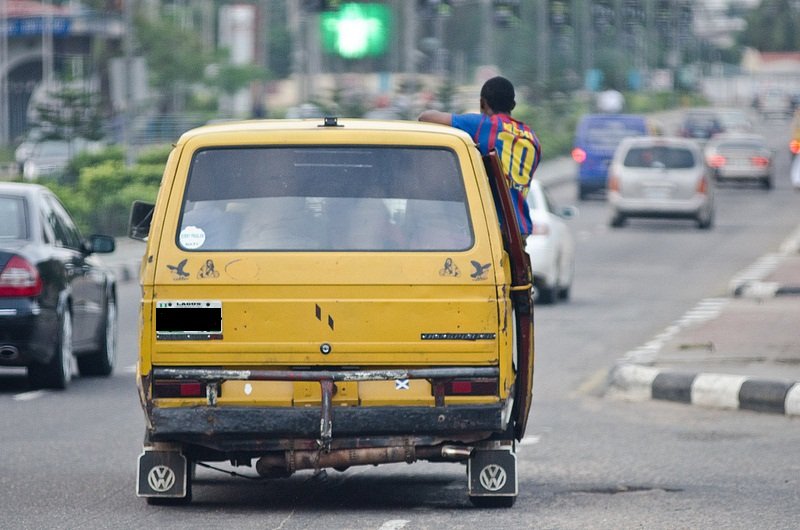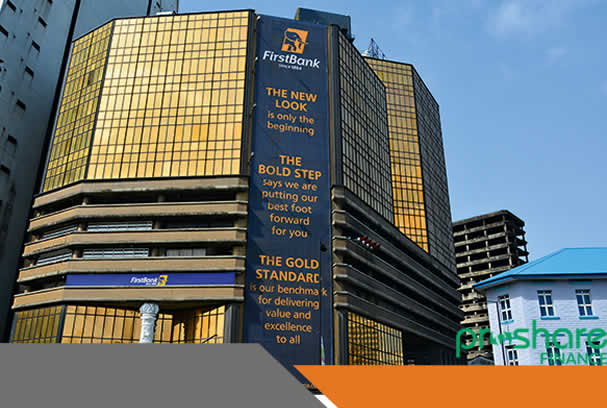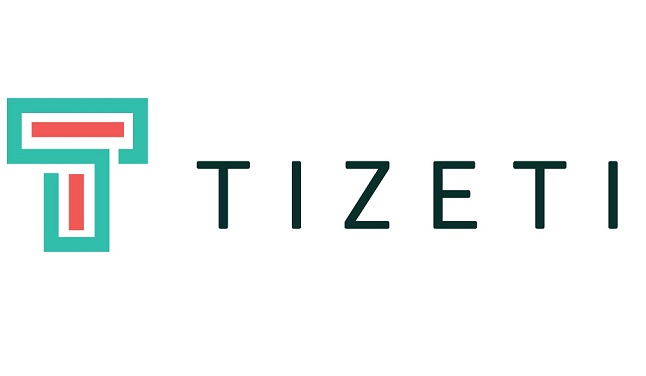You were trying to get some rest after a stressful day at work, or in a bid to beat a deadline, you worked late into the night but you couldn’t sleep when you tried – because of noise from loud speakers blasting from a nearby religious institution or loud music from a nightclub. The noise could even be from your neighbour’s loud generator. And no matter how hard you tried, you were unable to sleep. This mirrors the reality of many Nigerians as regards noise pollution.
Ridwan Oke, a lawyer based in Lagos State, has shed light on the Nigerian law on noise pollution from religious centres, hotels, bars and nightclubs.
The lawyer’s explanation follows a recent viral post in which @TheCakeChancery, an Ibadan-based baker, detailed how the noise from a church in her neighbourhood had become unbearable for her and other residents.
The baker also noted that community leaders turned deaf ears to complaints about the noise pollution authored by the religious centre. While the lady opined that there was no crime in holding a church service, doing so in such a noisy manner is wrong.
READ ALSO: EXPLAINER: Not What You Think. How Young People Get ‘High’ From Balloon Gas
WHAT THE LAW SAYS
While highlighting the provisions of the law regarding noise pollution on X on Wednesday morning, the lawyer hinted that his post stemmed from the fact that “many people believed what she did wasn’t right as she had reported a church”.
According to Oke, the National Environmental (Noise Standard and Control) Regulations 2009 provides for permissible noise levels in various institutions like schools, tertiary institutions and industries, the church not excluded.
He said the regulation states that the daily noise level from factories, workshops, construction sites and worship centres should not exceed 85 decibels for an eight-hour period.
“You can see now that even places of worship have a permissible level of noise and anything outside what is stipulated can be considered as harmful for the environment and people that live there,” the lawyer said.
He mentioned that Nigerians have the right to report to authorities if places of worship are responsible for emitting harmful noise and should not be guilt tripped for doing what’s right.
READ ALSO: How Activities of Recyclers Contaminate Eleyele Lake
He confirmed that the regulation equally applies to neighbours who place their noisy generators opposite other people’s windows.
“The Lagos State Environmental Protection Agency (LASEPA) is doing a great job to make sure environmental laws are being obeyed, so if you have a case of noise pollution next time, kindly report.”
NOISE LEVELS AND FURTHER BREAKDOWN OF THE REGULATION
As seen on the website of the Hearing Centre of Excellence, which promotes the prevention of hearing loss and auditory injury in the US, extended or up-close exposure and noise that reaches 85 decibels or higher can cause permanent damage to the cilia or hair cells in the inner ear, leading to permanent hearing loss, while exposure to sounds higher than 110 decibels can cause instantaneous hearing loss.
The centre explained that the noise from a hair dryer, blender, power lawn mower, forklift or subway train falls between 85 and 100 decibels, while that from a bulldozer, impact wrench or motorcycle falls between 100 and 120 decibels.
Also, loud sounds like a rock concert, auto racing or a hammer pounding a nail are between 120 and 140 decibels, while sounds like a shotgun blast are 170–190 decibels.
Meanwhile, the Nigerian environmental regulation examined by our reporter further revealed that the maximum permissible noise levels from any building used as hospital, convalescence home, home for the aged, sanatorium and institutes of higher learning, conference rooms, public library, environmental or recreational sites are 45 decibels during the day and 35 at night.
On the other hand, residential buildings’ noise level must not be more than 50 and 35 decibels during the day and night respectively.
For residential, industry or small scale production and commerce facilities, the noise level must not exceed 60 decibels by day and 50 decibels at night, while industrial facilities that are outside the perimeter fence should not exceed the maximum permissible noise limits of 70 decibels during the day and 60 decibels at night.
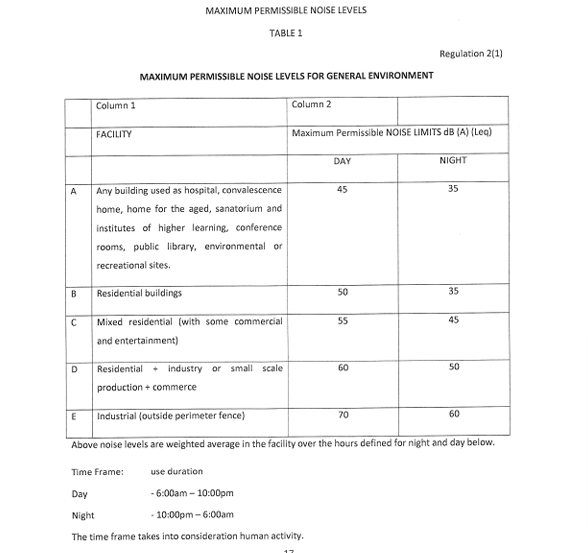
For impulsive noise, which is defined as one of more bursts of sound energy of a duration of less than one second, the regulation avers that the maximum permissible noise levels a person may be exposed to per day is 100 number of impulses at 140 decibels, 1,000 at 130 decibels and 10,000 at 120 decibels.
The maximum permissible noise levels for public announcement system or device in an industrial area are 85 decibels during the day and 65 decibels at night, 75 and 50 decibels in a commercial zone as well as 60 and 40 decibels in a residential area during the day and night respectively.
The above also applies to the maximum permissible noise levels for places of entertainment and places of worship.

FIJ also found that Nigerians can complain to the National Environmental Standards and Regulations Enforcement Agency (NESREA) if a person violates the rules regarding the maximum noise levels.
“Where the agency has reasonable cause to believe that any person is emitting or is likely to emit noise in any area in excess of the maximum permissible levels or is causing or likely to cause annoyance, the Agency may serve an improvement notice on that person,” states the regulation.
“The Agency may seize, impound, confiscate or prohibit the use of any property, tool, machinery or other instrument which is likely to, or has caused the emission of excessive noise, if, in the Agency’s opinion the sanction would restore the permissible noise level in the area.”
Subscribe
Be the first to receive special investigative reports and features in your inbox.


